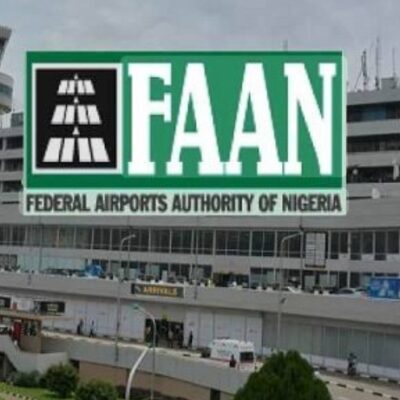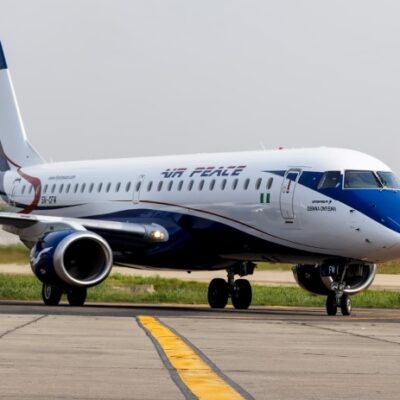
BY OLAPEJU OLUBI
To transform the Nigerian College of Aviation Technology (NCAT) into a globally competitive hub for aviation training, its Rector, Dr. Danjuma Ismaila, has unveiled a blueprint to bridge existing training gaps, expand facilities and embrace sustainable practices to meet the evolving needs of the aviation industry.
Addressing participants at the League of Airports and Aviation Correspondents (LAAC) Training Course in Zaria, Dr. Ismaila admitted that while the college boasts an extensive catalogue of over 200 aviation programmes, its ability to deliver optimal results has been hampered by infrastructural limitations, chief among them, inadequate accommodation for trainees.
“Many of our trainees are currently lodged in hotels outside the campus. That’s not ideal. We’re now constructing a 120-room hostel block to help increase our on-campus capacity,” he disclosed.
The expansion project, he explained, is just one part of a broader strategy to reposition NCAT as a leader in professional aviation training across West Africa and beyond.
The institution is also bolstering its technical capacity with the acquisition of high-grade training equipment, including a new flight simulator.
Plans are underway to further complement this with the addition of a Boeing 737 crew flight simulator and an ERJ-145 simulator.
“Pilots need to renew their licenses every six months, and simulator training is a core part of that process. With these simulators, we aim to meet the growing needs of local and international airlines,” Dr. Ismaila said.
He highlighted the significance of practical, technology-driven instruction in shaping the next generation of aviation professionals and reaffirmed NCAT’s commitment to aligning with global standards.
In line with international environmental goals, the college is also set to align with the International Civil Aviation Organization’s (ICAO) decarbonization policy.
As part of this initiative, NCAT is exploring the conversion of its vehicle fleet to Compressed Natural Gas (CNG) and considering participation in carbon credit markets as a means of funding climate-resilient infrastructure.
Dr. Ismaila used the occasion to highlight a recent milestone in the college’s international outreach—the successful training of 23 air traffic controllers from French-speaking African nations in aviation English.
It’s a feat he believes deserves more public attention.
Decrying the limited media coverage of the college’s work, he urged journalists to amplify both the strides and the setbacks of the institution, reinforcing its resolve to remain transparent and accountable.
“We are doing our best to innovate and adapt, but we need the media to tell our story—to share our progress and challenges alike,” he appealed.
With fresh infrastructure, cutting-edge equipment, and an eye on sustainability, NCAT appears poised to not only scale up its training capacity but also deepen its relevance in shaping Africa’s aviation future.
Olapeju is a journalist and aviation reporter.





